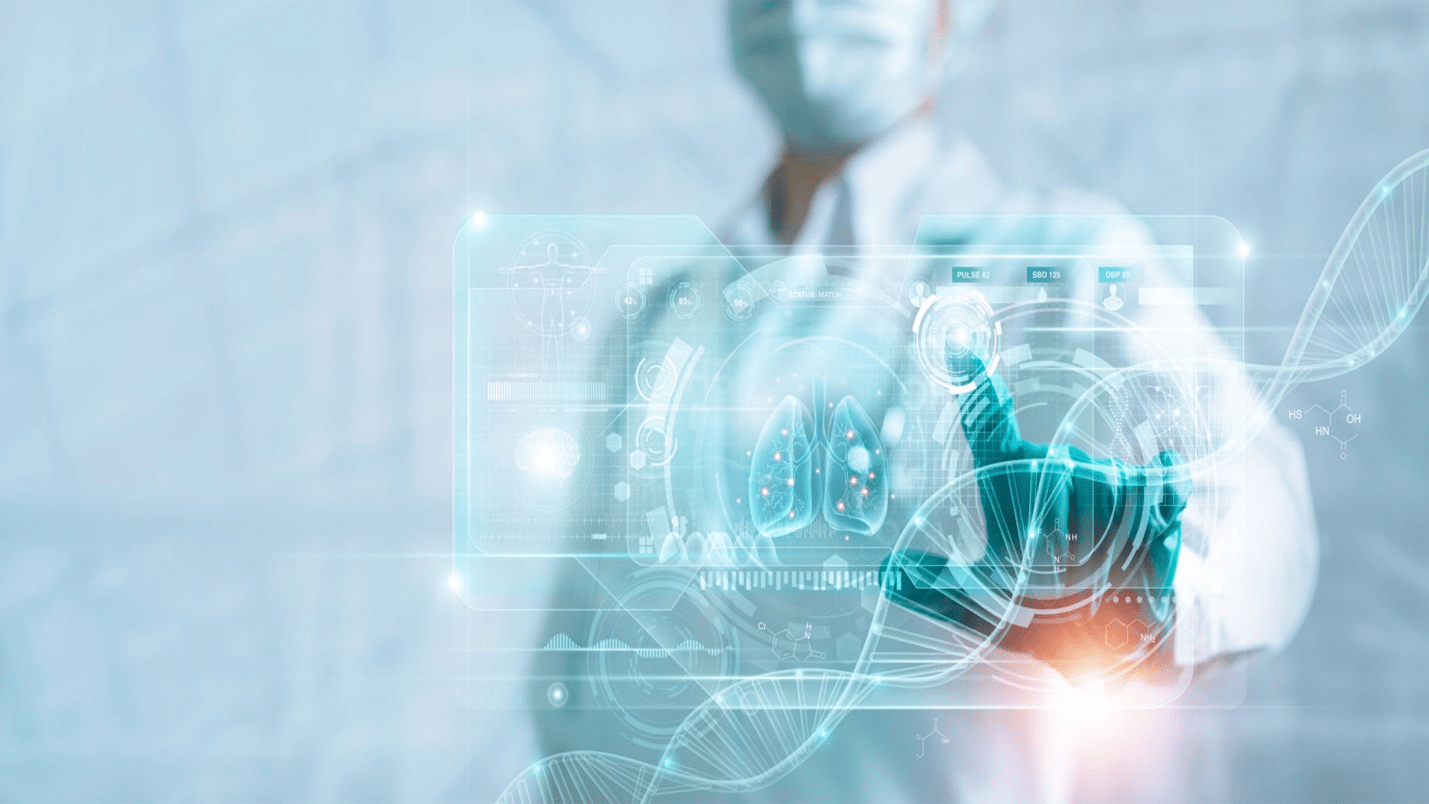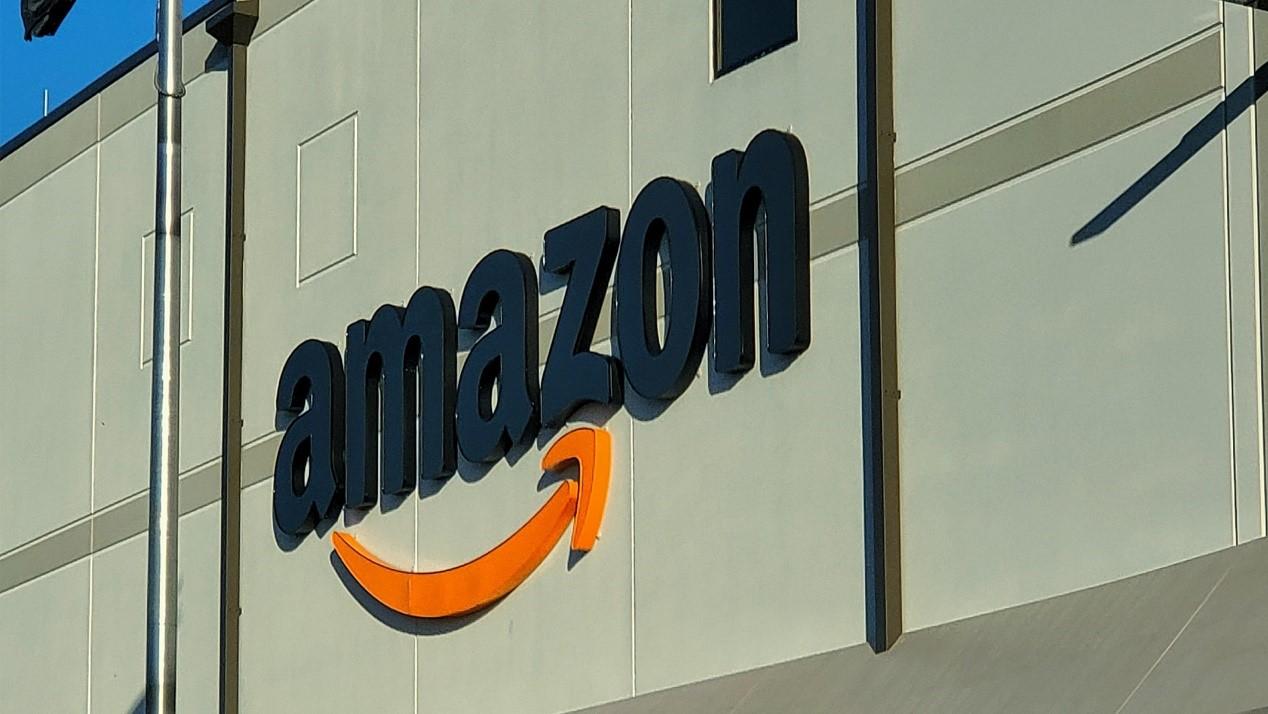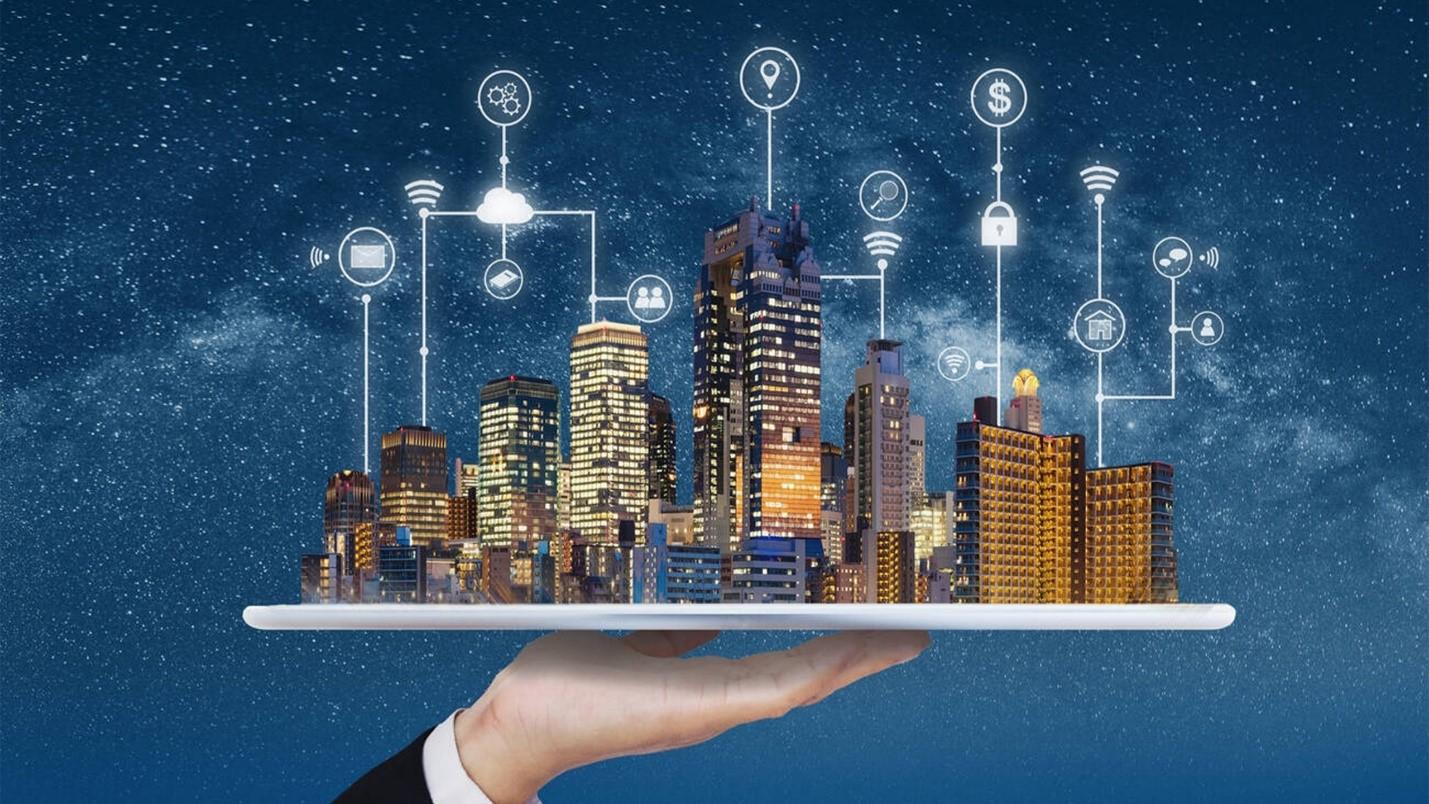
From Rust to Robotics: The Astonishing Evolution of Manufacturing!
In the annals of human history, the art of manufacturing has undergone a metamorphosis so profound that it has reshaped …

The discussions of computers and other technology in healthcare lead back to the 1960s when the utility of computers was considered as aids to clinicians that gave them easy access to literature and materials related to medicine. Equipment during that time was still in its infancy and was slow, expensive and unreliable. Revolutionary changes started to occur in the medical field related to technology during the 1980s. Physicians and healthcare management as a whole started to prefer and introduce technological apparatuses into their system as they offered more convenience and ease of access than two decades prior. It is important to understand and explore the advantages of technology in medicine to gain deeper insights into what the future of medicine would look like.
Better Patient Care: The introduction of fully automated patient management systems in healthcare came with the advantage of better patient care and satisfaction. Software applications enabled easier access to medical records. Technology and telemedicine made remote healthcare possible. Cloud-based digitalized systems of organizing data helped in all aspects of healthcare including diagnosis and treatment. Wearable devices like fitness bands and ECG monitors made healthcare better and led to greater patient satisfaction.
Reduction in Costs: The introduction of technology into healthcare management has drastically reduced the burden put on patients. This is due to the reduction of medical errors rectified through the use of technology. It is estimated that medical errors resulted in a loss of $USD 20 billion a year. The use of precise computing technologies and robotic operating technologies reduced the margin for error and made the healthcare system as a whole much more cost-effective. Modern medical practices like telemedicine have also eased the burden on patients as well
Increased Mobility: Healthcare before technology lacked the mobility it now has. Access to healthcare was limited to privileged sections of society. Transportation, location, class etc were limiting factors when it comes to receiving good healthcare. Technological advancements in medicine made healthcare universal. Medical professionals are also able to access information related to their field easily through the internet. This would make medical professionals up to date with recent developments in their field and thus ensure good treatment. Doctors and physicians can update their knowledge about new research and thereby give better treatment protocols.
The future of healthcare is undeniably linked with the growth of technology. Wearable devices will be crucial in recording and analysing the medical data of a person. This will in turn be instrumental in building a centralised database to further aid treatment protocols and practices. CISO observes that the world is moving toward a centralised system of patient databases that will eventually connect the medical data of every person in the world.

In the annals of human history, the art of manufacturing has undergone a metamorphosis so profound that it has reshaped …

In the labyrinth of modern industry, where the flames of innovation flicker and the winds of change howl, there exist titans—visionaries …

One name stands out like a towering titan in the fast-paced realm of modern business – Amazon. From its humble beginnings as an online …

Entrepreneurs who strive to carve their niche in the Business sector definitely should be conscious of the latest trends that make their way …